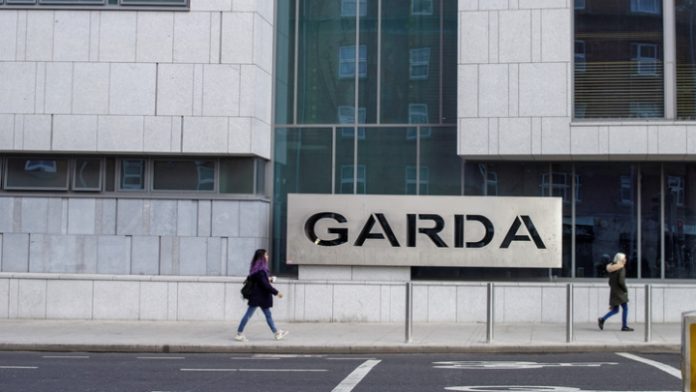Ireland is cracking down on dubious dental tourists during lockdown, as the Irish police, the Garda, warns of heavy fines and criminal prosecutions.
Irish tourists appeared to be getting around the country’s travel ban on holidays by booking dental check-ups on the Spanish island of Tenerife or the Canary Islands. Dentists in these locations report that many Irish people have booked and failed to turn up for appointments.
Dozens of travellers at Dublin airport had been producing letters to show border officials they were travelling to the Spanish resort for urgent dental care. Many continued their journey even after being warned that, if the check-ups were found to be false or unnecessary, they risked being hit with an on-the-spot fine of up to €2,000 (US$2,400).
Urgent and genuine medical appointments are one of the few reasons permitted for overseas journeys under Ireland’s current coronavirus restrictions. Level Five restrictions say you can only travel out of Ireland for essential medical, health, or dental services, or if you accompany someone you live with who needs essential treatment.
The Garda are now changing their approach. They warn people that they may be prosecuted if they carry on with their journey and the Garda find out that the appointment is missed, or regard the dentist appointment as being unreasonable. They warn that they may have committed two different offences, which will be dealt with by summons.
Some people have turned back rather than be prosecuted and have a criminal record, risk imprisonment or a suspended sentence, which is a far greater penalty than a fixed penalty notice.
Dental clinics are also now reporting to the Garda any Irish patients who ask for written confirmation of their appointment but do not then turn up. Countering, false bookings many clinics now ask for payment when the booking is made.
Tenerife dental clinics commonly have patients from the UK and Ireland. These are usually older people and the patients booking at the moment are younger. One clinic had over 50 Irish people who either phoned or emailed requesting a letter or email of appointment. None turned up for their appointments.
The National Immigration Bureau noticed that on some flights to the sun, between 30% and 40% of people travelling have letters confirming dental appointments. Gardai at Dublin Airport have also caught dozens of people trying travel out of Ireland for Botox treatment, including a number who were stopped trying to travel to Lithuania for cosmetic surgery. Travelling outside the country for Botox and other cosmetic treatments is deemed unnecessary and non-essential.








 ©2024 All rights reserved LaingBuisson
©2024 All rights reserved LaingBuisson 


